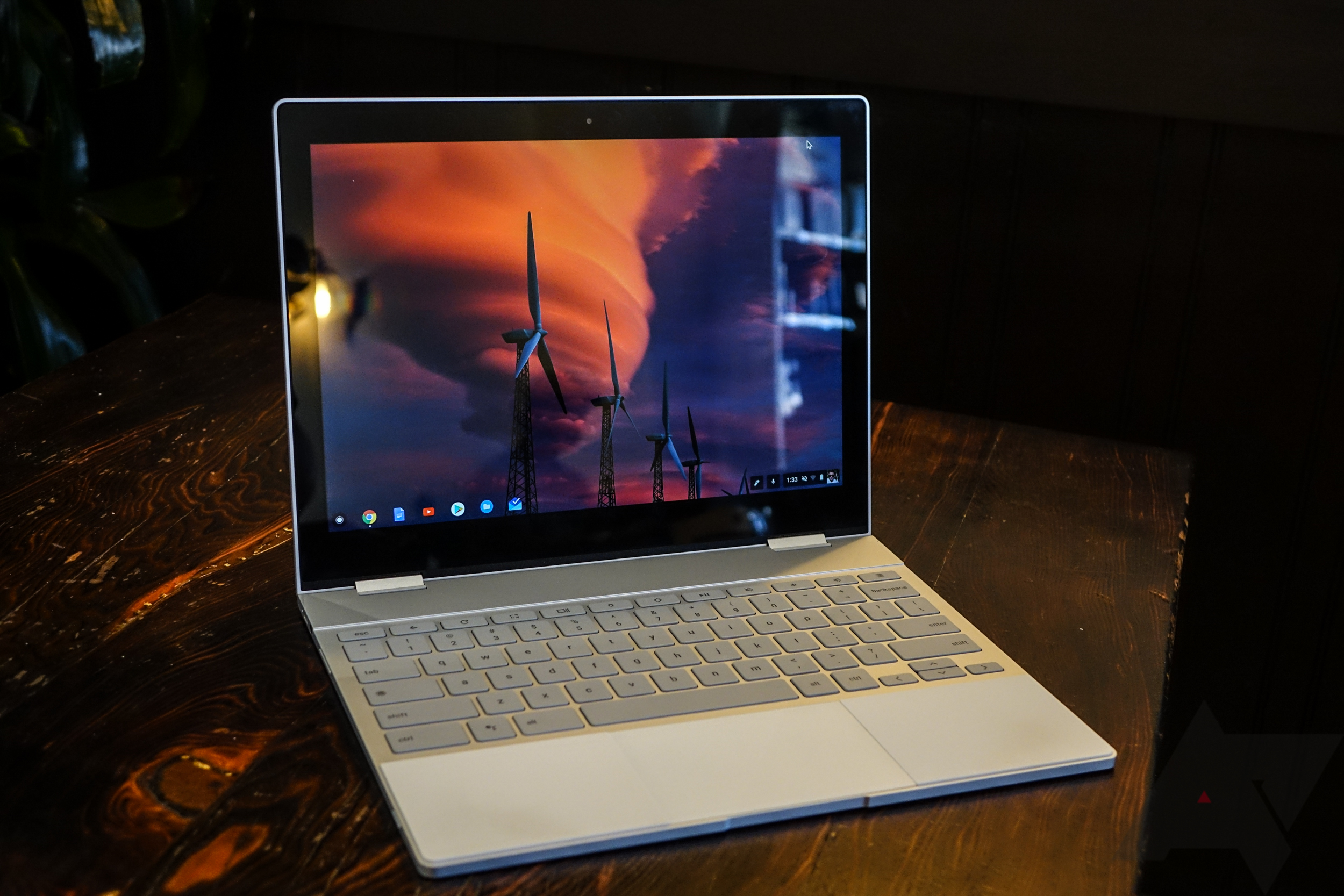Chromebooks with built-in SIM cards used to be relatively common, but they've fallen out of style in recent years. As Chromebooks become more and more functional offline, the need for always-on cellular connectivity seemingly isn't as important as it used to be. According to recent code commits, it looks like Google might be bringing back cellular support in a big way.
A new commit posted to the Chromium Gerrit reveals 'Hermes' - Google's internal project to implement eSIM support on Chrome OS. Here's the full description:
Hermes is the codename for the project of implementing eSIM support for Chrome OS. Hermes will be responsible for delivering messages between devices with eSIM chips and carrier servers through profile downloads as well as service discovery for new carriers.
Embedded SIM, or eSIM for short, allows devices to connect to cellular networks (or easily switch between them) without swapping out physical SIM cards. Google's Pixel 2 and Pixel 2 XL were the first mainstream phones to support eSIMs, but only with Project Fi. The second-generation iPad Pro, Apple Watch Series 3 LTE, and ZTE Quartz also use the technology.
The message initially ended with, "Hermes aims to provide seamless integration with Project Fi and an easily portable API to be used on different hardware," but that sentence has since been removed. Even though I would personally prefer Chromebooks with actual SIM card slots, especially since physical space is not a concern with laptops, eSIM support is certainly better than nothing.
Source: Chromium Gerrit
Via: XDA Developers

